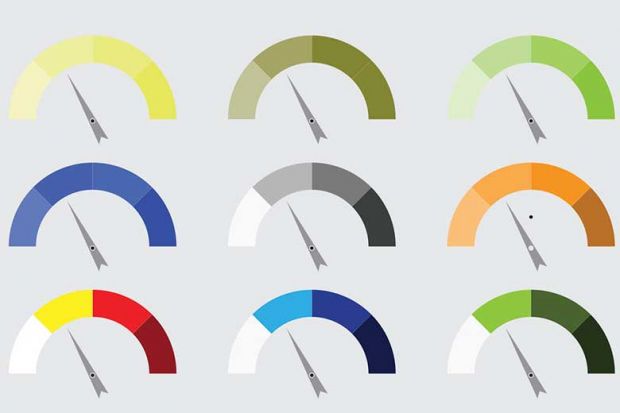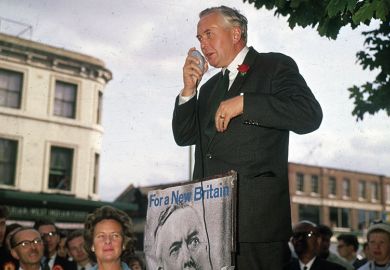On the face of it, a biography of an Oxford politics don who became the UK’s first on-screen pollster sounds like the perfect present…for political nerds only. But that would do a grave disservice to an absorbing account of the past half-century of British politics and academia, seen through a unique prism; and written with the style and empathy that you would expect from one of the country’s most persistent and imaginative political correspondents, Channel 4’s Michael Crick.
David Butler’s life as the go-to pollster for politicians began when, as a 25-year-old research student at Nuffield College, Oxford, he was summoned to give the leader of the opposition a private briefing on the prospects of his party’s success in the imminent general election. The year was 1950 and the leader of the opposition was Winston Churchill. What a beginning.
In 1945, after active military service in Europe, Butler had contributed to the first of the Nuffield Election Studies, still going strong today, which he authored or co-authored between 1951 and 2005. In 1948, he took himself to the US, where his family connections had helped him land interviews and dinner dates with virtually every leading American politician and journalist in the run-up to the presidential election of that year.
Returning to the UK, Butler discovered that, unlike television in the US, BBC TV (then the only broadcaster) had no plans for covering the forthcoming general election – the corporation’s panjandrums feared that any broadcasting might be seen as influencing the result. So Butler contacted the legendary Grace Wyndham-Goldie, who was then head of current affairs, and suggested how the new television service could cover the results if not the campaign. It was his shiny new concept of “swing” – a way of describing and analysing differences in party vote shares – that caught Wyndham-Goldie’s imagination, and Butler along with his “swingometer” became a permanent fixture of UK election coverage for the next 30 years and more.
Butler’s fascination with election politics was not confined to the UK – he was equally passionate about US elections. He enjoyed periods of teaching and observing politics there, as well as securing a posting as personal assistant to the British ambassador to Washington.
But Butler was more than just a “telly don”, as some of his (presumably jealous) colleagues dubbed him. He also led a highly productive academic life – Crick’s bibliography lists no fewer than 48 books authored or co-authored by Butler – and his pioneering work in academic election studies gave him a justifiable claim to be regarded as the UK’s first, and most eminent, psephologist – until his student John Curtice came along and, with the help of his exit poll, knocked Butler off his perch.
Unfortunately, academic jealousy ensured that not only did he fail to become master of his beloved Nuffield College, his academic home for 60 years, but he was never made a professor – evidence of the snobbery and myopia still lurking in some of the dustier corners of academe. That apart, this book describes a fulfilling life, sparklingly recounted by Crick – a fascinating read for nerds and non-nerds alike.
Ivor Gaber has covered politics in television and radio and is now professor of political journalism at the University of Sussex, as well as co-author, with James Curran and Julian Petley, of Culture Wars: The Media and the British Left (second edition, 2018).
Sultan of Swing: The Life of David Butler
By Michael Crick
Biteback Publishing, 416pp, £25.00
ISBN 9781785904387
Published 25 October 2018
POSTSCRIPT:
Print headline: Sum of a seminal psephologist
Register to continue
Why register?
- Registration is free and only takes a moment
- Once registered, you can read 3 articles a month
- Sign up for our newsletter
Subscribe
Or subscribe for unlimited access to:
- Unlimited access to news, views, insights & reviews
- Digital editions
- Digital access to THE’s university and college rankings analysis
Already registered or a current subscriber?










